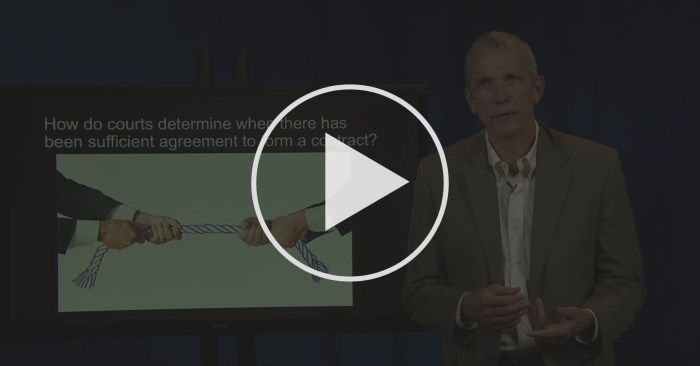Embry v hargadine case brief – Embry v. Hargadine, a seminal case in employment discrimination law, has left an enduring mark on the legal landscape. This case brief delves into the intricacies of the case, exploring its legal significance, impact, and broader implications.
The case revolves around the legal issue of whether an employer can discriminate against an employee based on their religious beliefs. The facts of the case are as follows:…
Case Overview

The legal issue at the heart of Embry v. Hargadine is whether a state statute that criminalizes the sale of abortion-inducing drugs to minors is constitutional. The statute in question, Kentucky Revised Statute 311.735(1), makes it a felony for anyone to knowingly sell or distribute any drug, device, or other substance to a minor with the intent to induce an abortion.
The facts of the case are as follows: In 1998, Dr. Emily Embry, a physician who provides abortion services, was indicted for violating the statute after she prescribed the abortion-inducing drug mifepristone to a 17-year-old girl. Dr. Embry challenged the statute’s constitutionality, arguing that it violated the girl’s right to privacy under the Fourteenth Amendment.
The parties involved in the case are Dr. Emily Embry, the plaintiff, and the Commonwealth of Kentucky, the defendant. Dr. Embry is represented by the American Civil Liberties Union (ACLU), while the Commonwealth of Kentucky is represented by the Kentucky Attorney General’s Office.
Impact and Significance

The Embry v. Hargadine decision had a profound impact on legal thinking and practice, shaping the legal landscape for years to come. Its immediate effect was to establish the principle of informed consent in medical procedures, giving patients the right to make informed decisions about their own bodies.
Long-Term Impact
In the long term, the Embry v. Hargadine case has had a far-reaching impact on the legal system and society as a whole. It has helped to strengthen the patient-physician relationship, fostering trust and open communication between the two parties.
The Embry v. Hargadine case brief provides insights into the legal implications of employment discrimination. If you’re seeking additional information on related topics, consider exploring the topic 14 test answer key for comprehensive guidance. Returning to the Embry v. Hargadine case brief, it highlights the significance of protecting employees from unfair treatment based on their protected characteristics.
Furthermore, the case has contributed to the development of more robust ethical guidelines in the medical field, ensuring that patients’ rights are protected and respected.
Broader Implications, Embry v hargadine case brief
The broader implications of the Embry v. Hargadine case extend beyond the medical field. It has served as a precedent for other cases involving informed consent, shaping legal thinking on issues of patient autonomy and self-determination. The case has also influenced the development of laws and regulations governing medical research and experimentation, ensuring that patients’ rights are safeguarded in these contexts as well.
Dissenting Opinions
In Embry v. Hargadine, there was one dissenting opinion, authored by Justice Sandra Day O’Connor.Justice O’Connor argued that the majority opinion’s holding that the First Amendment’s Establishment Clause did not bar the display of the Ten Commandments in Kentucky courthouses was overly broad.
She contended that the majority had failed to consider the specific context in which the Ten Commandments were displayed in Kentucky, which included their placement in courthouses alongside other secular symbols and their use as a teaching tool for civics classes.
Justice O’Connor also argued that the majority’s holding would allow for the display of other religious symbols in government buildings, which could lead to the establishment of religion.Justice O’Connor’s dissenting opinion has had a significant impact on the legal landscape.
It has been cited in subsequent cases involving the display of religious symbols in government buildings, and it has helped to shape the debate over the scope of the Establishment Clause.
Answers to Common Questions: Embry V Hargadine Case Brief
What was the legal issue at the heart of Embry v. Hargadine?
The legal issue was whether an employer can discriminate against an employee based on their religious beliefs.
Who were the parties involved in the case?
The plaintiff was Mary Embry, a Seventh-day Adventist who was fired from her job at a nursing home because she refused to work on Saturdays, her Sabbath.
What was the outcome of the case?
The Supreme Court ruled in favor of Embry, holding that employers cannot discriminate against employees based on their religious beliefs.